Apparently, the last few days separate us from the presentation of the first AR/VR headset from Apple's workshop. Apple is scheduled to make a spectacular presentation this coming Monday, when the opening Keynote of its WWDC developer conference takes place. However, to be honest, I am not entirely convinced that the AR/VR headset is what can change the world in the coming years, and in the following lines I will try to explain to you why this is so.
Although I am a fan of Apple and, by extension, of technology as such, I must add in one breath that it must always be meaningful technology. Personally, I just don't see the point in smart glasses, because I find their use far more "invasive" than, for example, using an iPhone, Apple Watch, and the like. To explain it better, the point here is that it simply doesn't make sense to me to put a headset on my head in order to see something extra in AR/VR that I haven't really needed so far. I definitely don't want to sound like some grumpy pensioner, but I really don't need to project navigation in front of my eyes, I don't need to watch a VR concert, I don't need to have 10 macOS desktops around me, and I don't need to see a person during FaceTime calls as if they were actually standing in front of me. For these purposes, I have other devices that do not restrict me in any way and although they may not be as comfortable as a headset, I simply do not feel the need to replace them.
Of course, it would be stupid to apply the previous lines only to my person, and it is precisely for this reason that it is appropriate to add that a certain (un)usefulness of headsets is also evidenced by the lack of interest in them all over the world. After all, we already have a lot of them on the market, but you can't really say that they would move the world. Sure, there are industries where they make sense and have really interesting uses. And it is also clear that once the product from Apple arrives, it too will find a number of uses, for example in the professional sphere and so on, thanks to its advanced sensors, software, displays and other things. However, we are still talking about an absolutely tiny number of users, that is, if we compare with owners of phones, smartwatches or other consumer electronics.
In my opinion, the lack of growth of competing headsets is another reason why Apple's AR/VR headset may have problems. People are obviously not used to such technology, let alone ready. It will therefore be more difficult for Apple to break through to end customers than if it now introduced, for example, a game console or a television - i.e. products that are already on the market and for which one can already have some sort of idea of their use, i.e. whether it is at all needs The catch here can also be the price, which can deter the curious from buying, because buying something that you don't know if you'll enjoy it or if you'll actually use it, at a high price simply doesn't make sense. After all, let's remember, for example, the launch of the HomePod, which is somewhat similar to an AR/VR headset. When Apple introduced it in 2017, it was at a time when there wasn't much interest in smart home speakers and at the same time when these products were sold significantly cheaper than the 1st generation HomePod. Because of this, this product fumbled until it was cut, even though it had a number of indisputable qualities.
In my opinion, the introduction of a headset is not very desirable even today, not from the point of view of the economy, but rather a kind of "setting the heads" of the company. Quite often, for example, you can see various surveys about the fact that young people are fed up with the digital world and are trying to escape from it. At the same time, we are not only talking about interference with social networks and the like, but also about the transition from smart phones to classic push-button phones, which paradoxically give them much more freedom than smart phones gave them with their limitations. However, Apple's AR/VR headset will go completely against this trend in this direction.
I could probably come up with many more reasons why I don't like the AR/VR headset, but quite honestly I won't go into it anymore, because as an Apple fan, deep down I hope that the reasons I listed above are simply odd. However, what scares me a little is that I, as an Apple fan, am being attacked and at the same time that I am not the only one who is worried about these things. Discussion forums, especially foreign ones, are full of doubts about the usefulness of the product. In general, it can be said that the noise around the headset is much smaller than the noise around AirPods and the like. So Apple has a difficult task in front of it in the form of convincing the world that the positives of its news significantly outweigh the negatives. And I hope that after Monday's Keynote I will start saving for the new product as a new fan of hers too, although I don't think so.
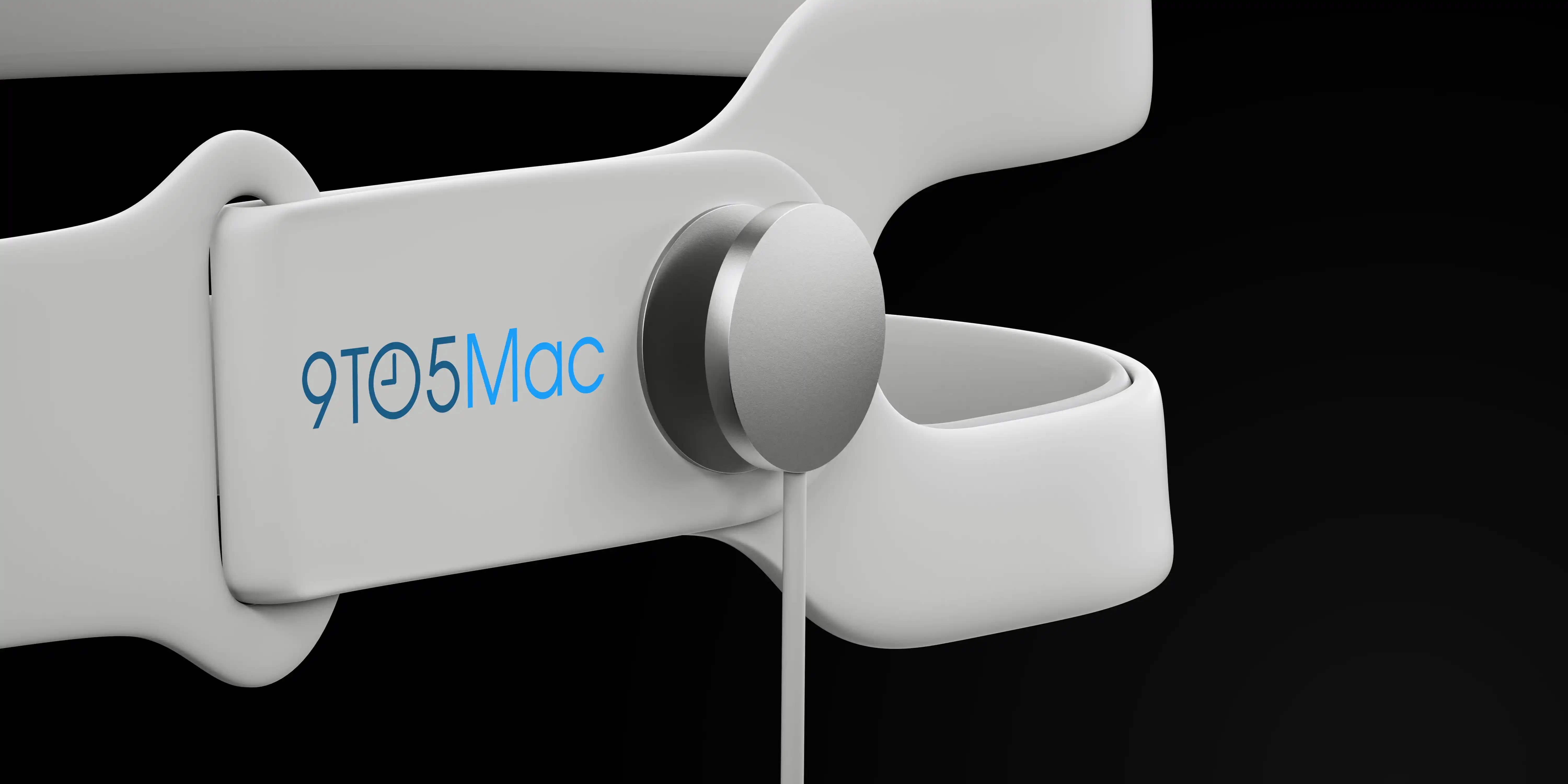
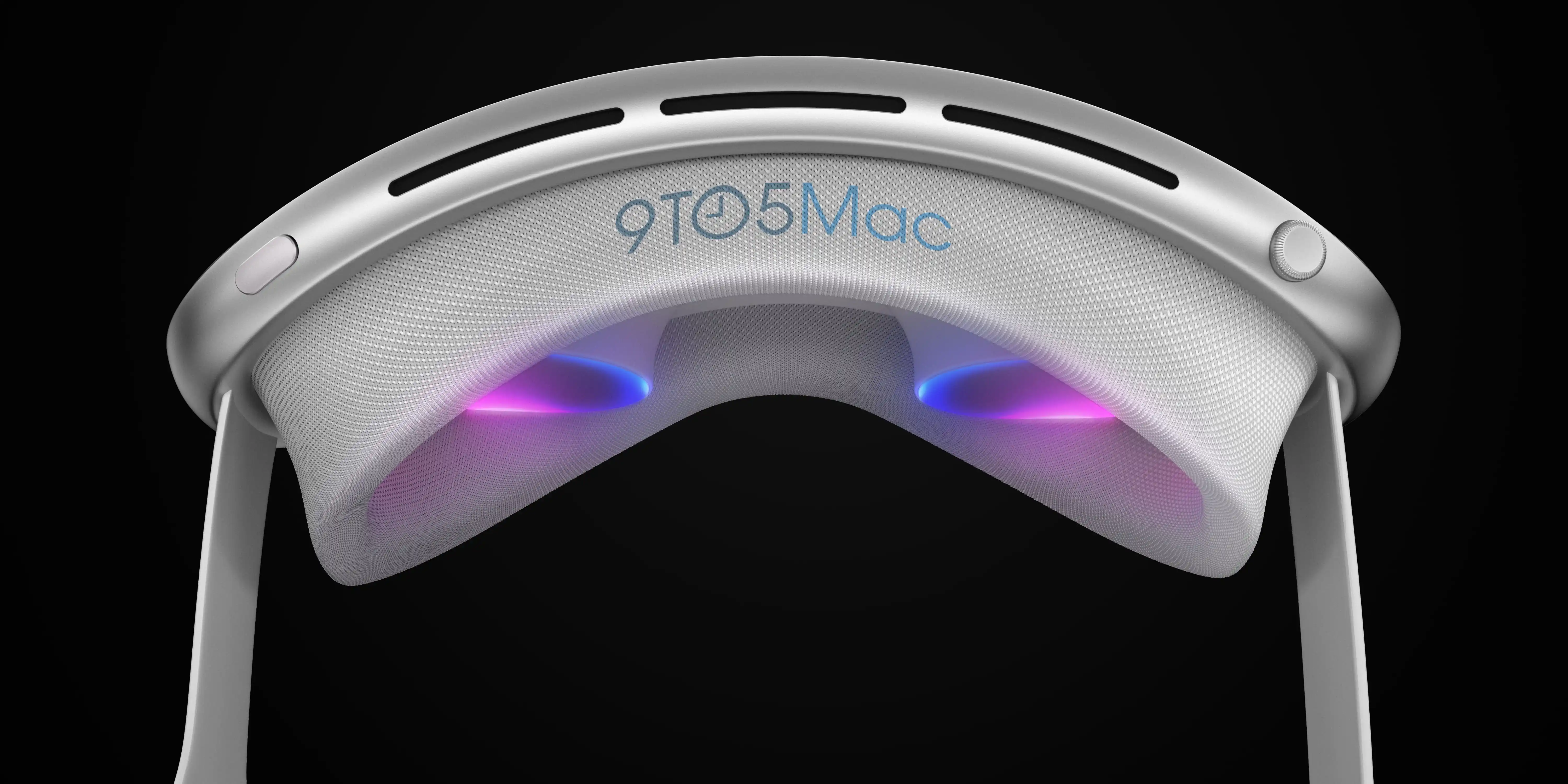
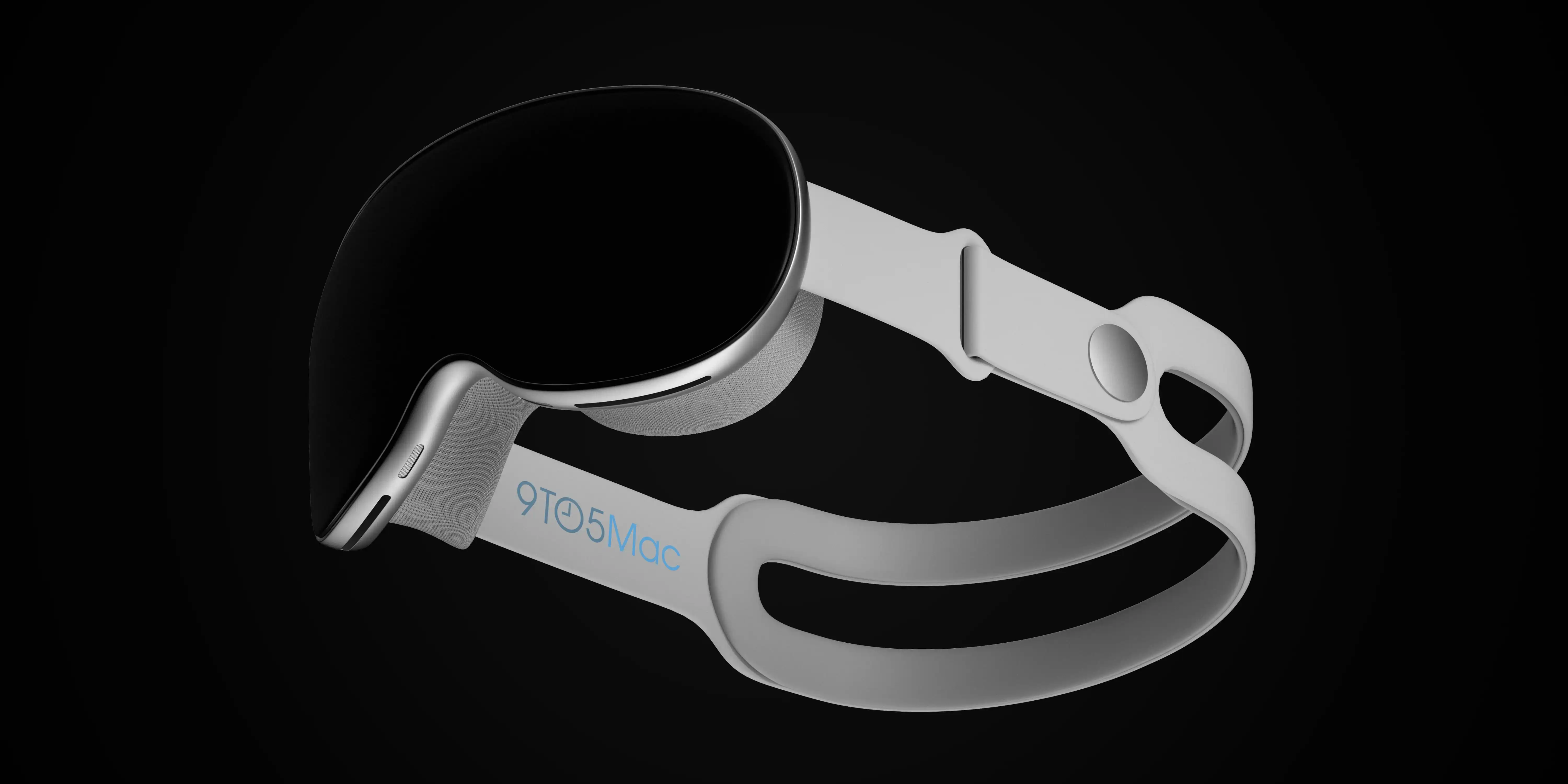

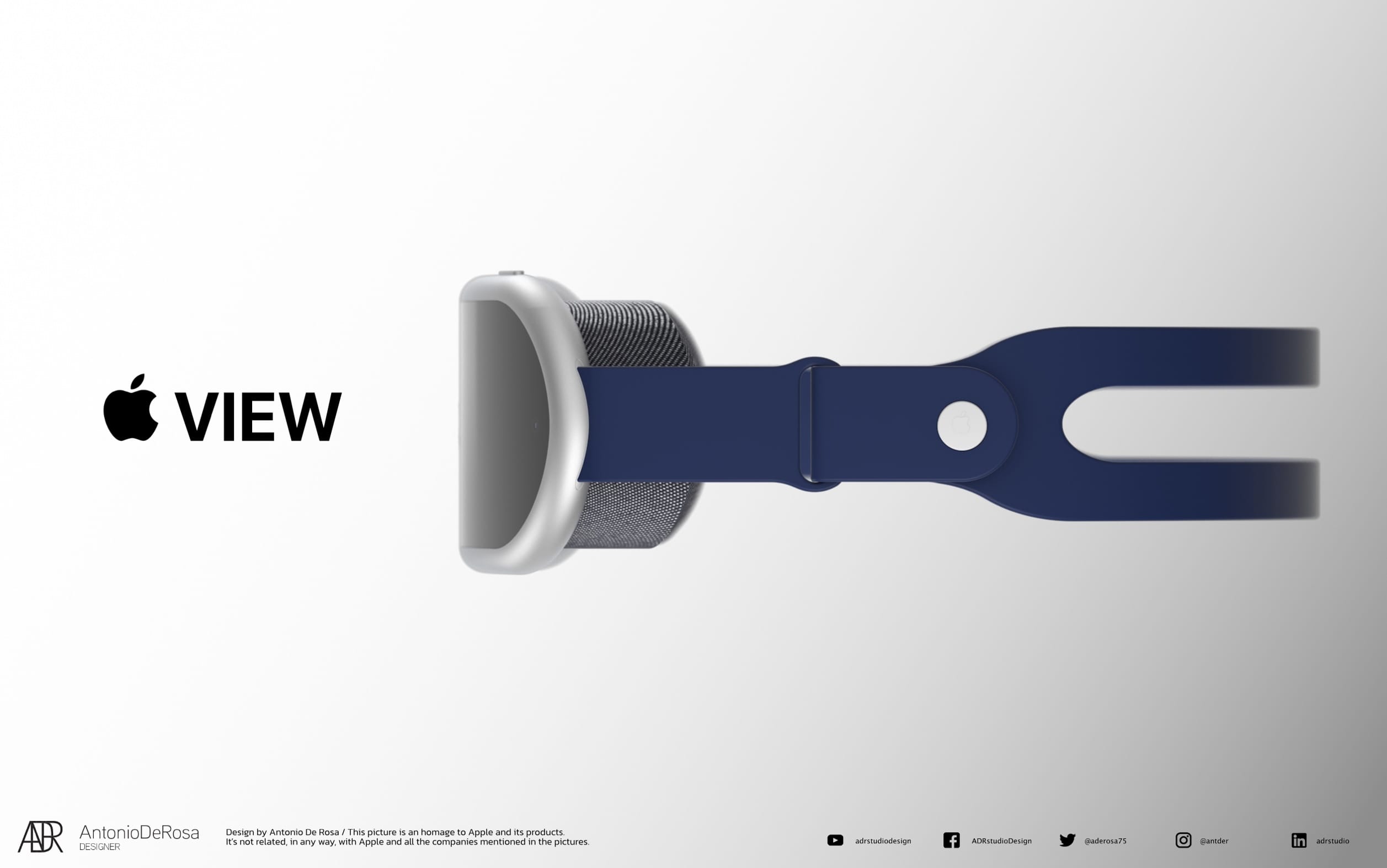
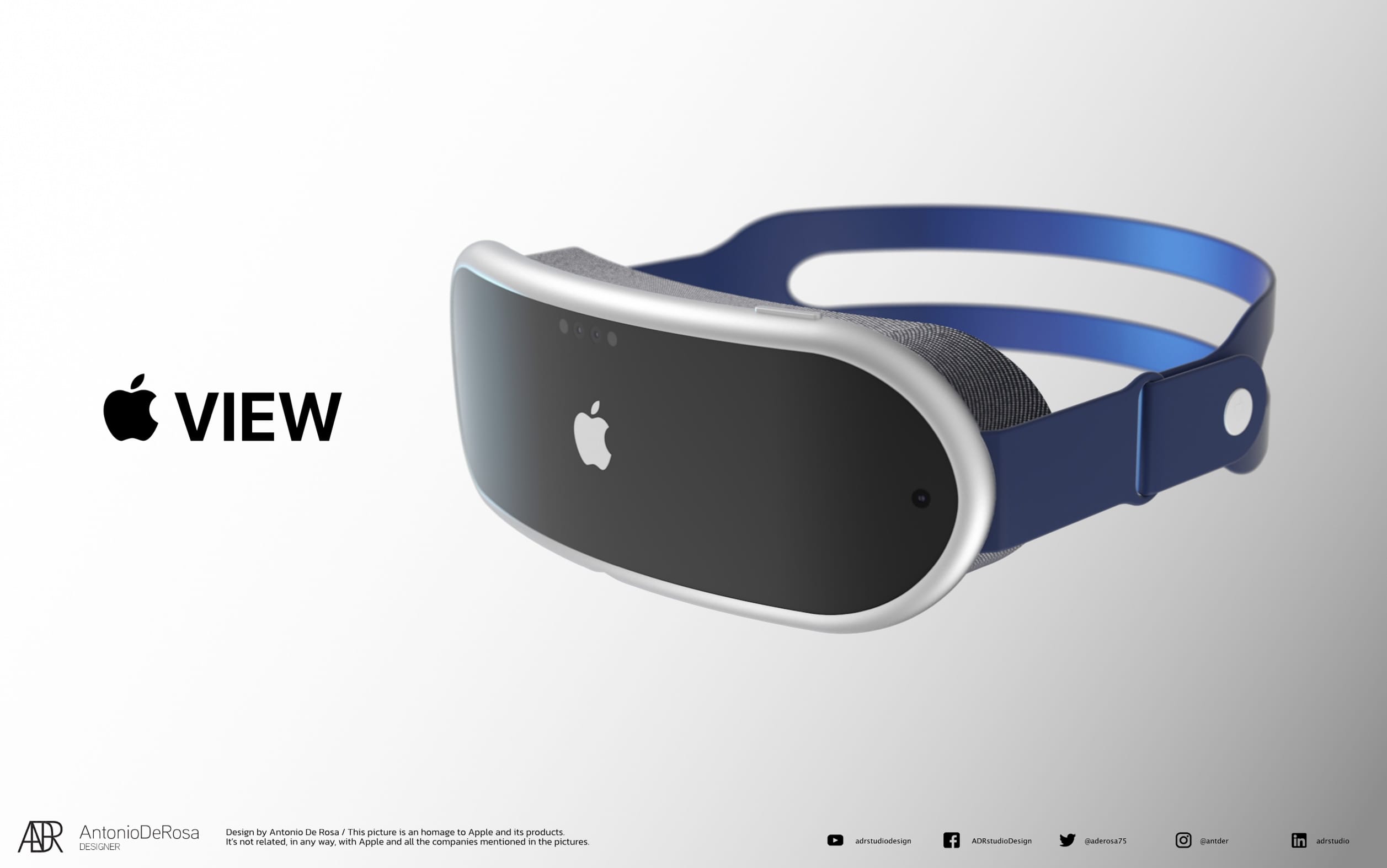
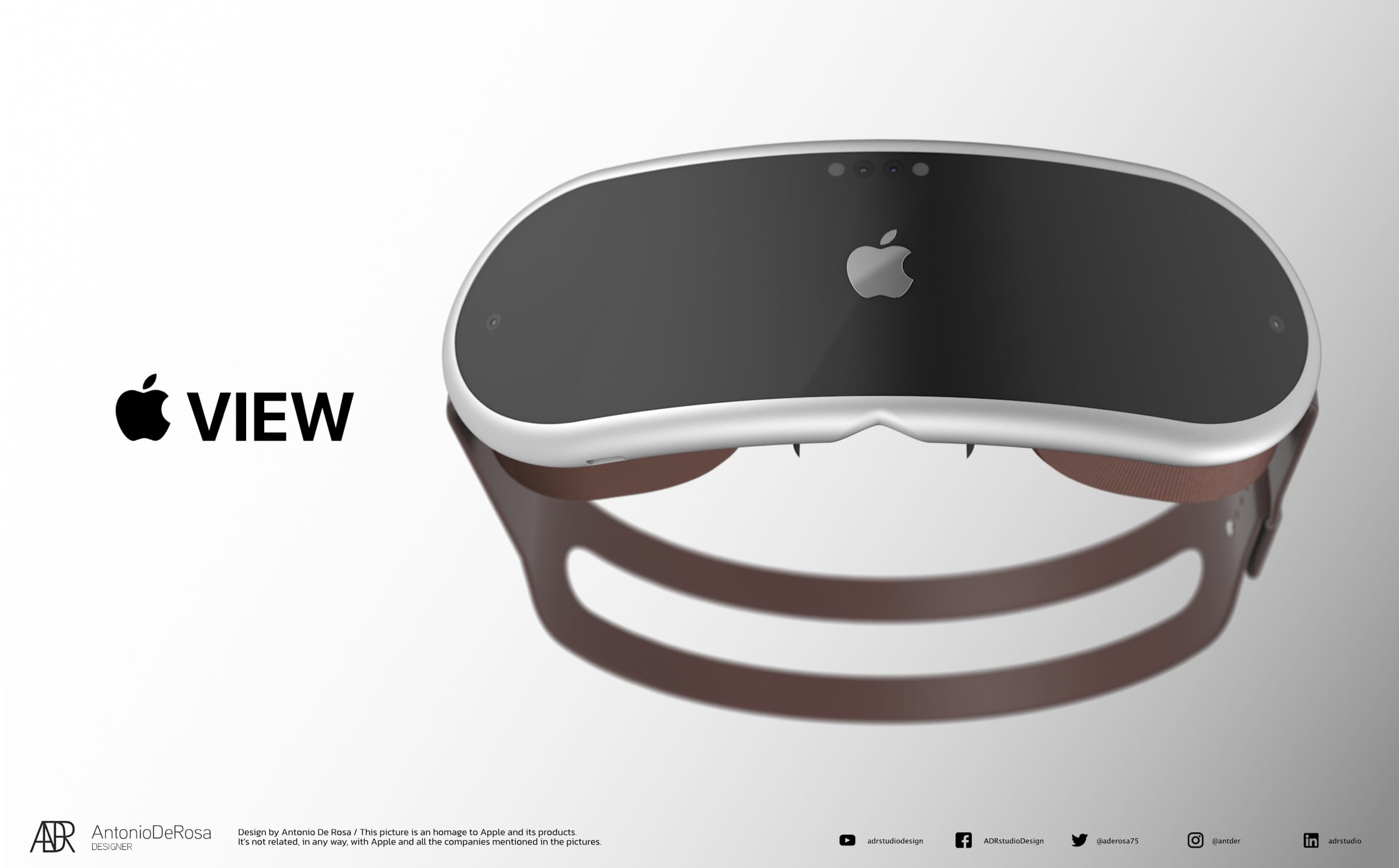
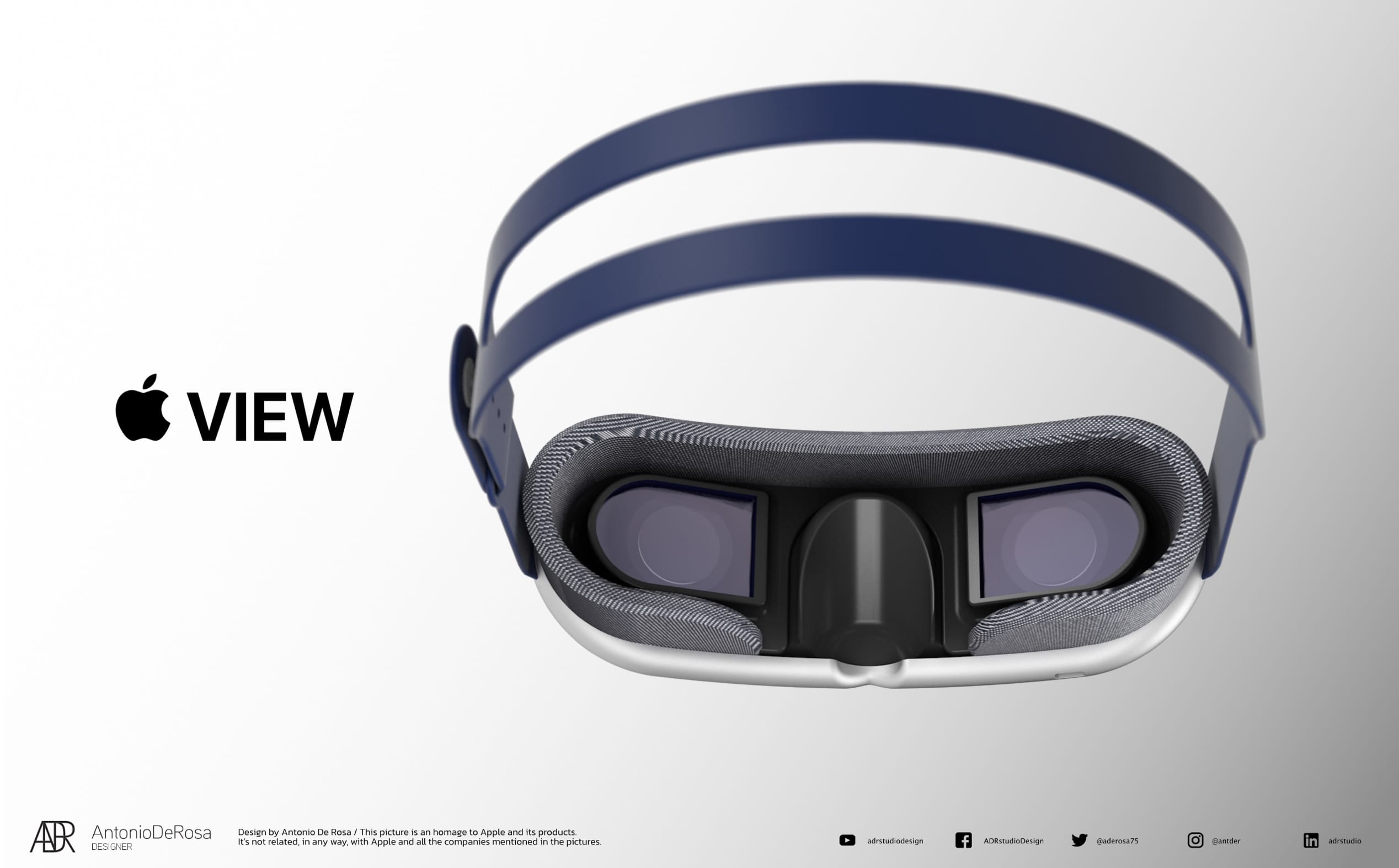
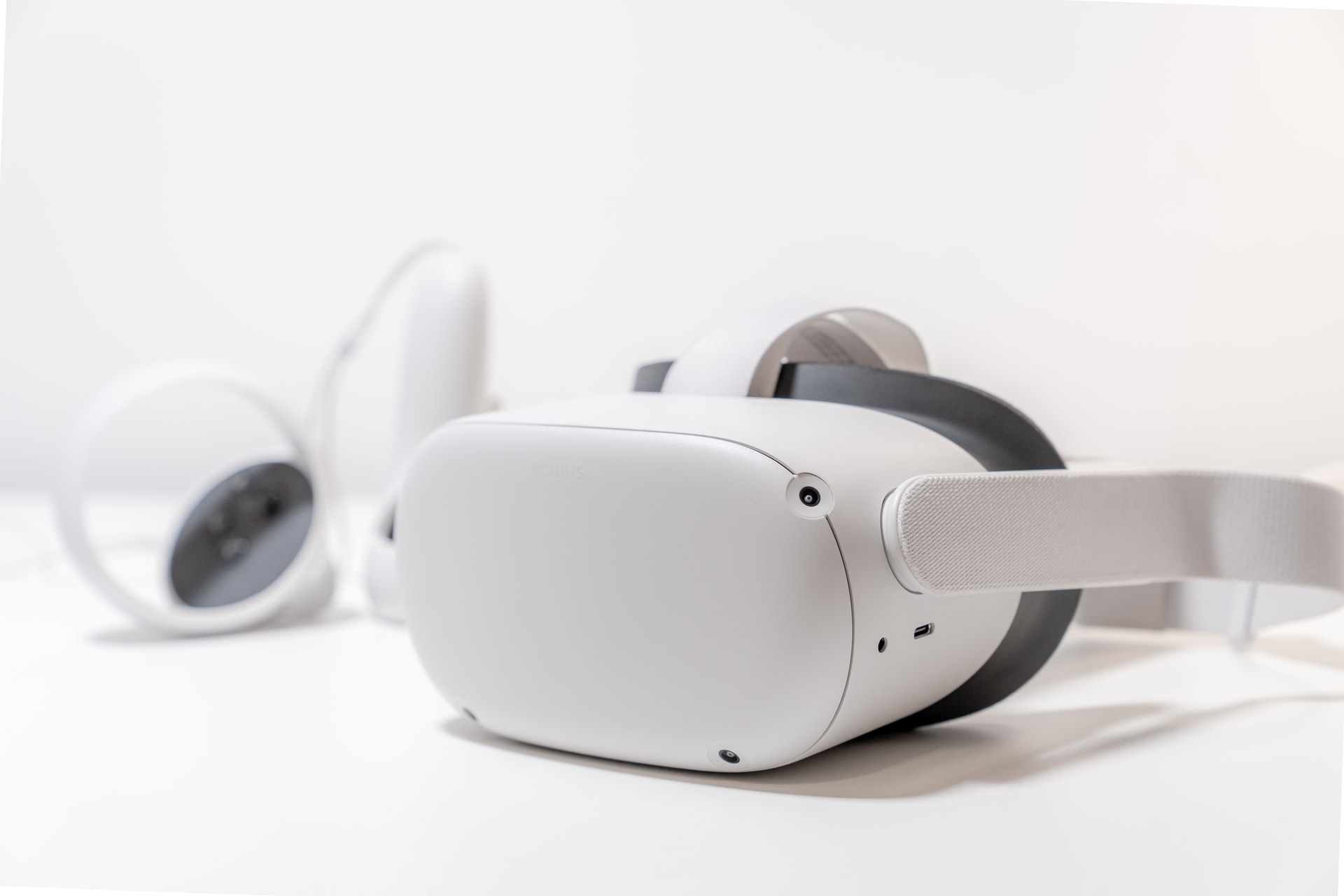
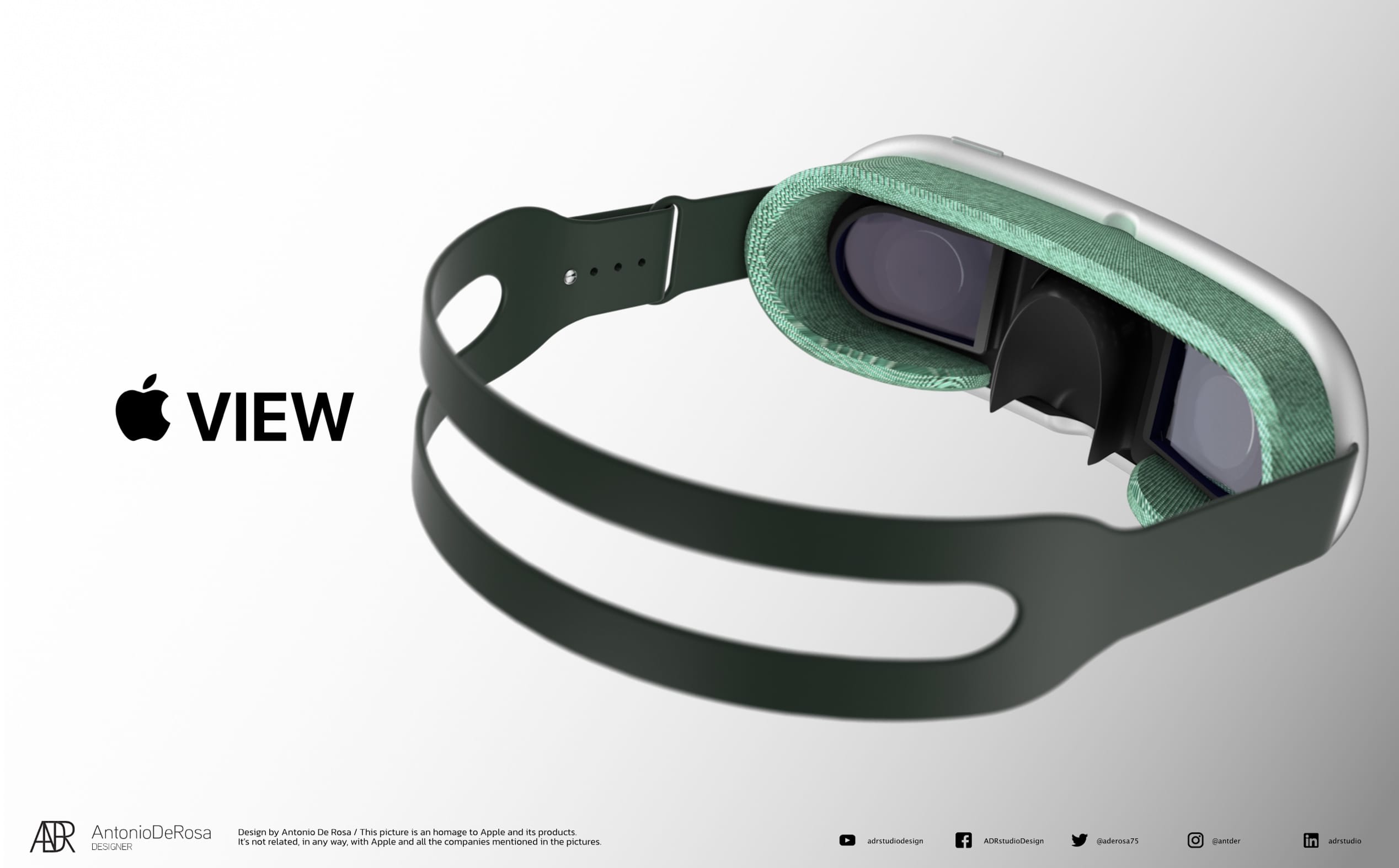
I think exactly the same thing. Sometime 25 years ago or more, we went to primary school to view virtual reality with the class. everyone was excited and we expected a bright future for these devices. But it hasn't moved that much during that time. of course technically yes, but somehow the most important thing is still missing and that is a meaningful sw.
Usability is not the problem. I can list and defend from a spot why this can be an essential device for me.
But after my experience with Apple, I can kind of guess what the problem is. :)
Can you elaborate more? I'm also hiding a certain fear :) I still see the potential in Apple, in recent years they managed to come up with M processors, AirPods redefined the market or the dynamic island is also a practical example of how innovative they can be. But they are still partial improvements, although fundamental, just to bite such a large piece of the market with something new is another level.
IMHO, DI is hardly a virtue.